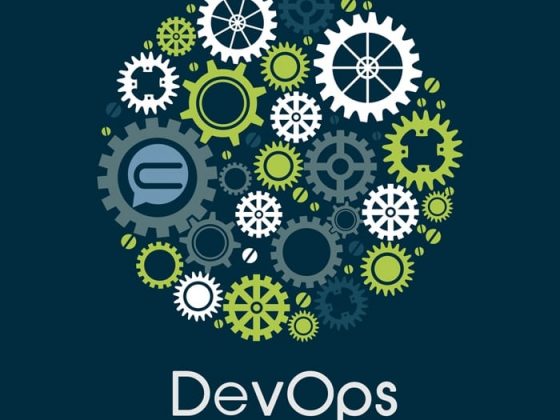Is “DevOps” just another fancy word to describe something that has always been around or there is a true philosophy hidden behind it? Is it the cheap excuse for yet another trendy IT conference or is it the valid answer to a business necessity?
Impressively, DevOps started from Twitter! In 2009, @patrickdebois from Ghent (Belgium) posted the hashtag #devops and soon the DevOpsDays (the related conference event) was a reality across the world: Ghent 2009, Sydney 2010, Hamburg 2010, Mountain View 2010 and so on[1]…
Reciting from Wikipedia, “DevOps (a portmanteau of “development” and “operations”) is a software development method that stresses communication, collaboration (information sharing and web service usage), integration, automation and measurement between software developers and Information Technology (IT) professionals. DevOps is a response to the interdependence of software development and IT operations. It aims to help an organization rapidly produce software products and services and to improve operations performance – quality assurance.”
Basically, DevOps is an IT movement created by the common (and unpleasant) experience of company compartmentalization. The confining silos of the organizational departments are obstacles to quick transformation; DevOps put aside the silos when it comes to team working. One could say that if your company’s organizational chart is drawn with departments (boxes) and connections (lines), then the DevOps emphasize on the lines of it…
Software developers and IT professionals are encouraged to join forces, exchange ideas and collaborate in a regular basis without having to wait for their turn-to-play in a poker game. DevOps is about “betting” ideas all the time and at all stages!
Traditional software development frameworks were based on sequential models (my outputs, your inputs), then feedback loops were added to formulate circular models (again from the start, but now faster and better) and later, it needed a mix of Einstein brain and Kung-Fu belts to fully understand the model (Toyotism, 6 Sigmas). The arrival of more “romantic” approaches such as the Agile Values and the Theory Of Constraints prepared the ground for the DevOps and the philosophy behind it: people over process over tools.
In this constantly changing tech-driven world, each company needs to use powerful software, to anticipate and adapt to market changes with speed, receiving not only faster, but continuous feedback loops in order to improve value to customers. In this perspective, it seems that #DevOps is not merely a trend, but a valid answer to the business necessity.
[1] Check the full Calendar and upcoming events: http://www.devopsdays.org/
Read more about the History of DevOps: http://itrevolution.com/the-history-of-devops/




